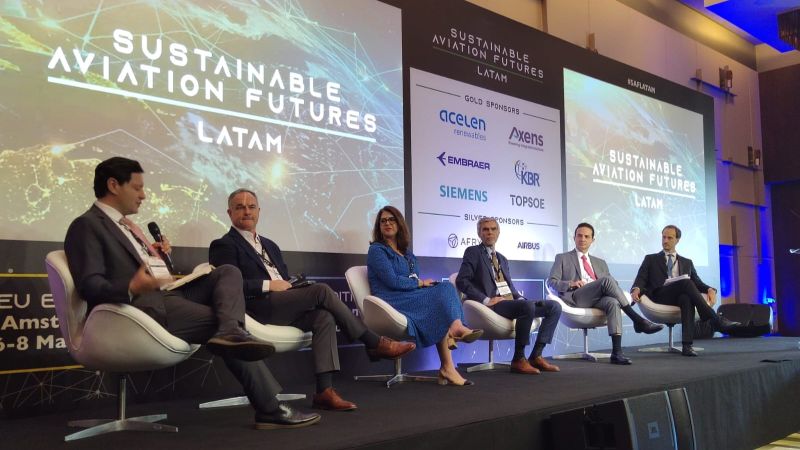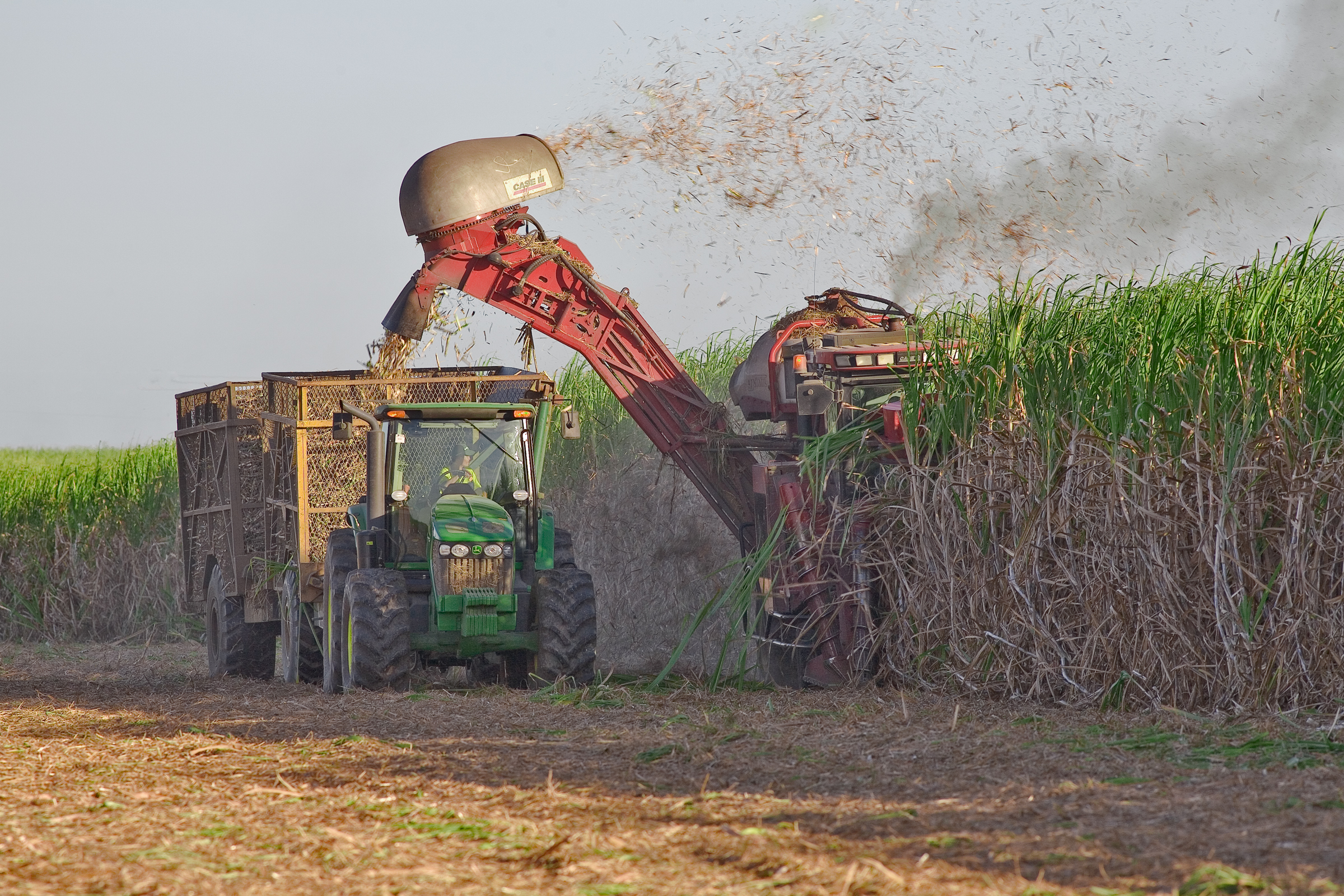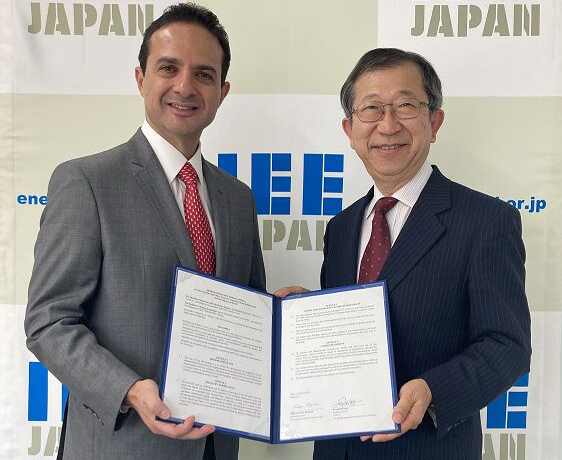
Sustainable Aviation Fuels (SAF) are widely regarded as the most promising short-term solution for decarbonizing the aviation sector, which contributes roughly 3% of global CO2 emissions. The sector has made ambitious international commitments, aiming for net-zero emissions by 2050. To explore the challenges and opportunities in achieving this goal, and to highlight SAF’s pivotal role in this transition, the Sustainable Aviation Futures initiative hosted its inaugural event in Latin America.
The event was held in São Paulo, from March 31st to April 2nd, gathering over 250 entrepreneurs, airline representatives, government officials, and academics from around the world. The focus was to offer the audience expert insights on the latest opportunities for Latin America to emerge as a leading SAF supplier to the global economy. Discussions covered key topics such as infrastructure development, the “book and claim” system, and feedstock feasibility studies, providing valuable perspectives from across the industry.
The Brazilian Sugarcane and Bioenergy Industry Association (UNICA), represented by its CEO, Mr. Evandro Gussi, participated in a discussion mediated by Mr. Augustín Torroba on Latin America’s potential for SAF production and the associated value chain. Alongside Victor Castro (Argentine Chamber of Biofuels), Alvaro F. Lorenzo (ALUR), Carolina Rojas Hayes (Fedebiocombustíveis), and Juan Sebastián Diaz Vera (U.S. Grains Council), Mr. Gussi explored how countries in the Global South can contribute to this agenda, which not only presents one of the world’s most pressing challenges but also offers significant opportunities for sustainable business growth.
A recent study by the Massachusetts Institute of Technology (MIT) highlights the rapid growth of the aviation sector in Latin America, with demand expected to more than triple between 2019 and 2050. However, aviation emissions in the region are projected to double during the same period. The study emphasizes the critical role of SAF in mitigating CO2 emissions. In an ambitious simulated scenario—an economy-wide emission mitigation pathway aiming for 1.5°C stabilization with 65% SAF usage in Latin America by 2050—aviation emissions could be reduced by approximately 60% by 2050. Additionally, the MIT report identifies the Alcohol-to-Jet (ATJ) SAF production route as one of the most promising technologies, positioning Brazil, with over 50 years of expertise in ethanol production, as a regional leader in the supply of this biofuel.
Moreover, Brazil has demonstrated its ability to develop biofuel production in a way that supports global efforts to decarbonize the transport sector without compromising food security. In fact, the country’s experience shows that increasing energy production from biofuels can coexist with, and even enhance, agricultural output, ensuring a sustainable balance between energy and food production.
Achieving the net-zero goal by 2050 opens up significant opportunities for innovation and collaboration across industries, governments, and academia. With ongoing advancements in technology, supportive public policies, and strategic partnerships, SAF has the potential to transform the aviation sector into a key driver of the transition to a sustainable, low-carbon future.



